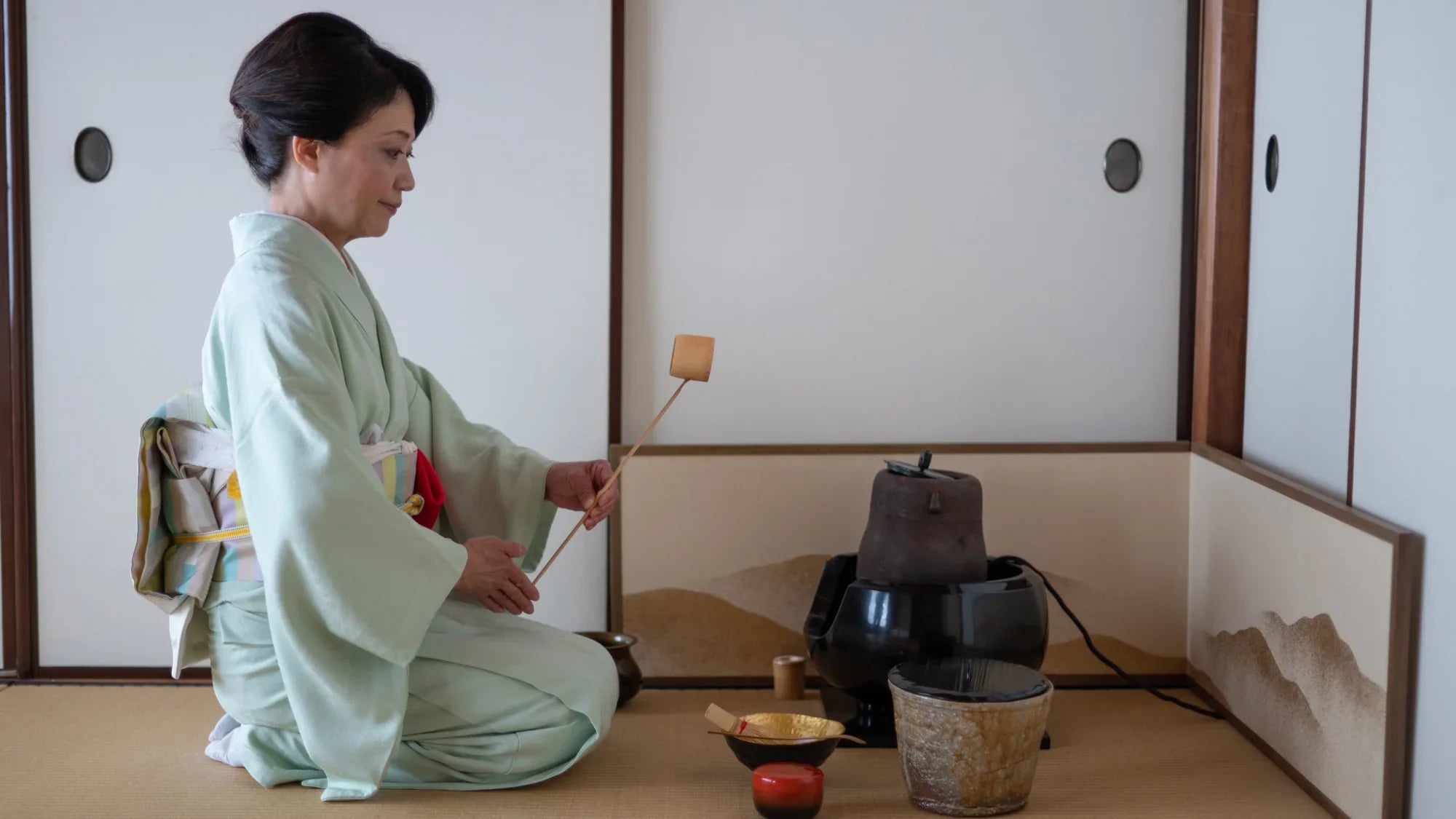
MUSUBI KILN Chado Series: A Deep Dive into the Tea Master's Philosophy
Written by Team MUSUBI
Chado, or the way of tea, is a multifaceted art form deeply embedded in Japanese culture. It combines the aesthetics of tea rooms, gardens, the selection and appreciation of tea utensils, and the etiquette of tea preparation. Kitajima Ritsuko, a master practitioner of chado from the Urasenke school, graciously shares her insights privately, illuminating the depth and breadth of this traditional practice without making her teachings publicly available. She has also been featured in a previous blog post about a tea ceremony experience.
Table of Contents
The Essence of Chado: Teachings of Kitajima-sensei

"Chado represents a comprehensive art form that integrates various aspects of Japanese culture, including its history, traditions, and customs."
Kitajima-sensei, a seasoned practitioner of chado, embodies the rich heritage of this esteemed art form. Her expertise extends beyond the realm of chado, encompassing the refined disciplines of noh theater and waka poetry. She finds inspiration in the vibrant arts of the Muromachi period (1336 CE–1573 CE), a golden age for chado culture, where noh performers and waka poets flourished.
Her passion for chado lies not only in its intricate rituals and exquisite aesthetics but also in its ability to connect individuals to the essence of Japanese culture and history. She seamlessly integrates her profound understanding of these disciplines into her lessons, enriching the experience for her students.

Her ultimate goal is to create a tea ceremony that is not merely a demonstration of her expertise, but a harmonious experience that resonates with her guests. She envisions a ceremony where the knowledge and insights she has gleaned through years of study are seamlessly integrated into the ambiance, allowing her guests to fully immerse themselves in the beauty and tranquility of chado.
The Deeper Meaning of Chado's Etiquette

"Chado transcends mere etiquette; it serves as a universal language, a profound expression of respect, courtesy, and deep appreciation for others."
When asked about the principles of etiquette, Kitajima-sensei introduced the Zen phrase "Wa-Kei-Sei-Jaku," which represents the essential practices and mindset of the tea ceremony. This phrase guides tea practitioners in their continuous training and mastery of chado:
Wa (Harmony): Creating a harmonious atmosphere.
Kei (Respect): Mutual respect among participants.
Sei (Purity): Maintaining cleanliness and a clear, uncluttered mind.
Jaku (Tranquility): Achieving inner peace and calm.
Kitajima-sensei believes that the principles of chado are relevant not only to the way of tea but also to other Japanese disciplines characterized by the suffix "-do" (meaning "way" or "path"), such as kado (flower arranging) and shodo (calligraphy). She suggests that mastery in these arts involves sincerely adhering to established forms while gradually infusing personal style, ultimately leading to true proficiency.

Some who have attended tea ceremonies might wonder why certain phrases are consistently exchanged. Kitajima-sensei explains that expressing concern for others, even with a single phrase, is crucial for creating overall harmony and fostering smooth interpersonal relationships.
For instance, when receiving tea, it is customary to say "osaki ni," which means "please go ahead," to the person next to you. This gesture of humility and respect contributes to maintaining a pleasant atmosphere throughout the ceremony.
Kitajima-sensei's approach to chado goes beyond the act of preparing and serving tea. Through her teachings, we gain a profound appreciation for the delicate interplay of history, tradition, and human connection that defines the way of tea. Kitajima-sensei's deep understanding and passion for chado illustrate why this old art form continues to captivate and inspire people around the world.


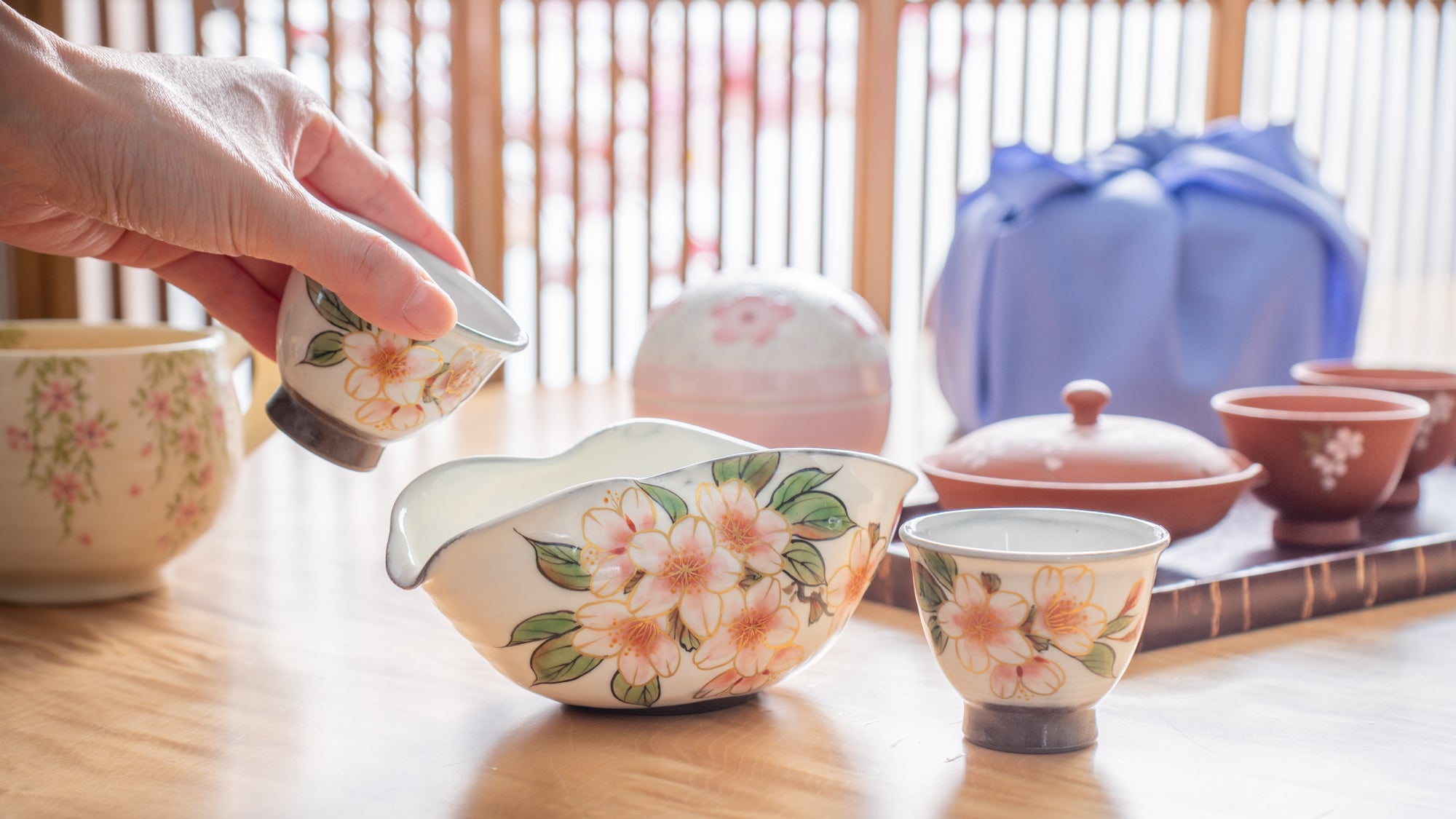
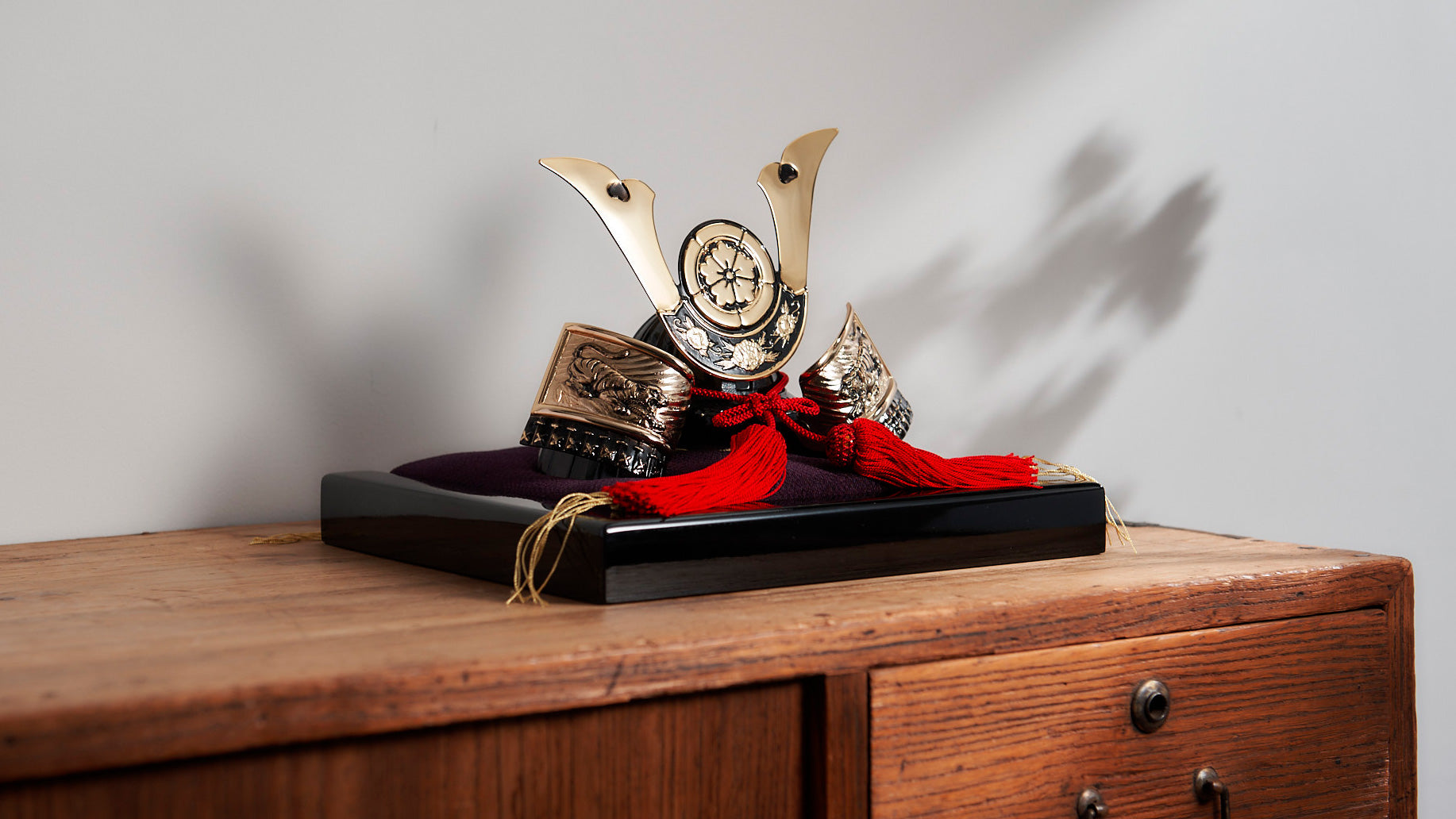
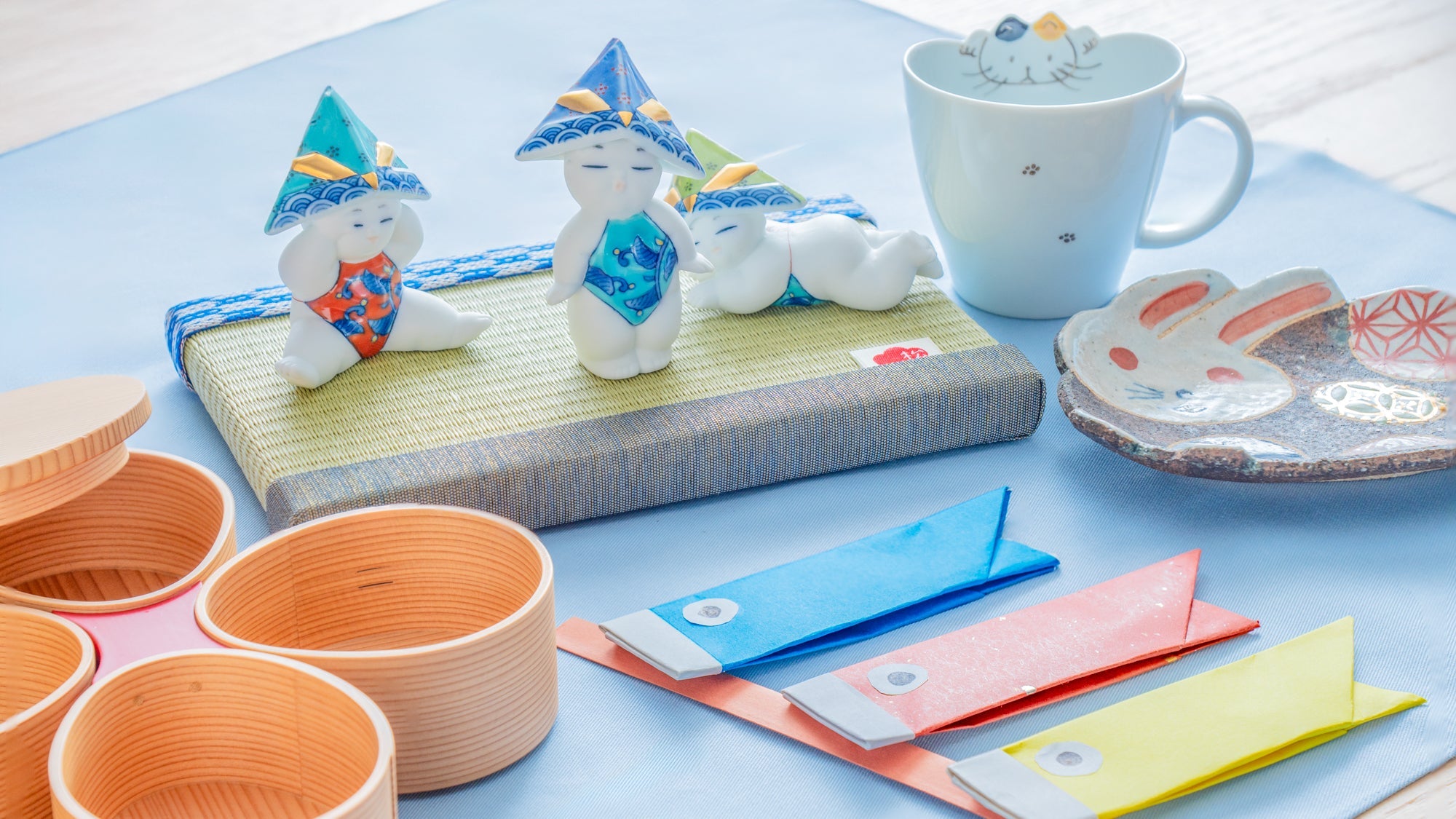
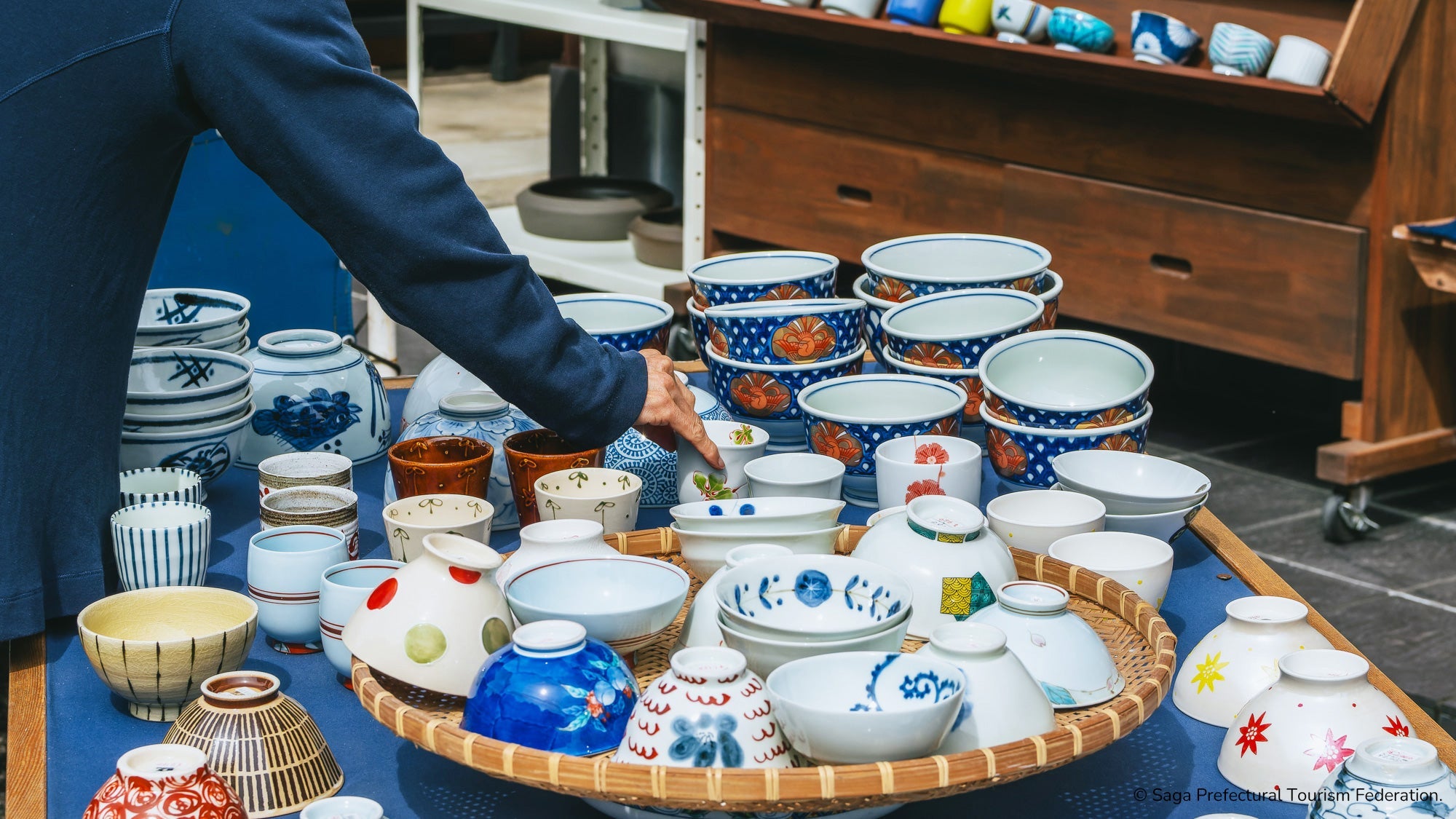
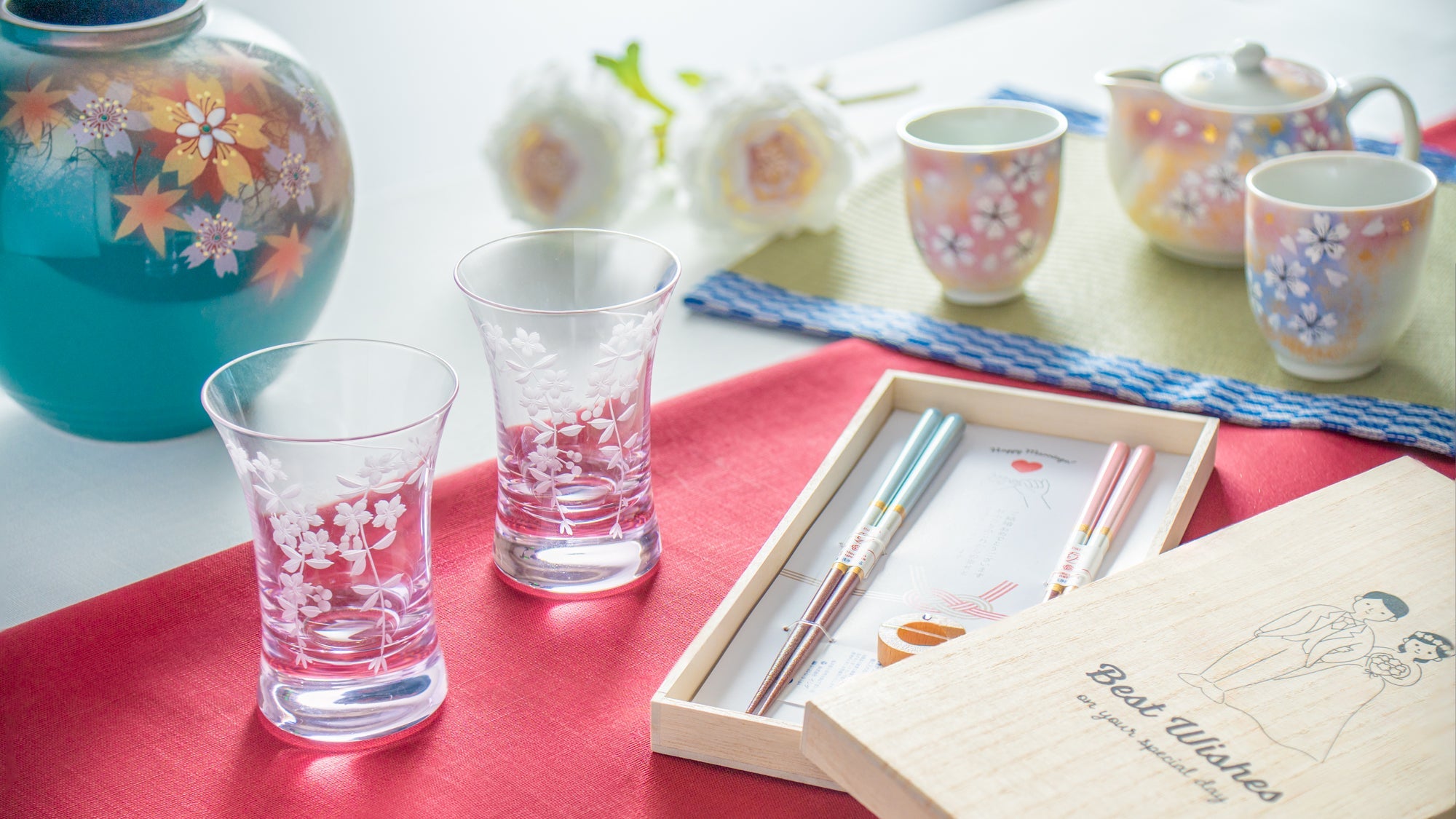
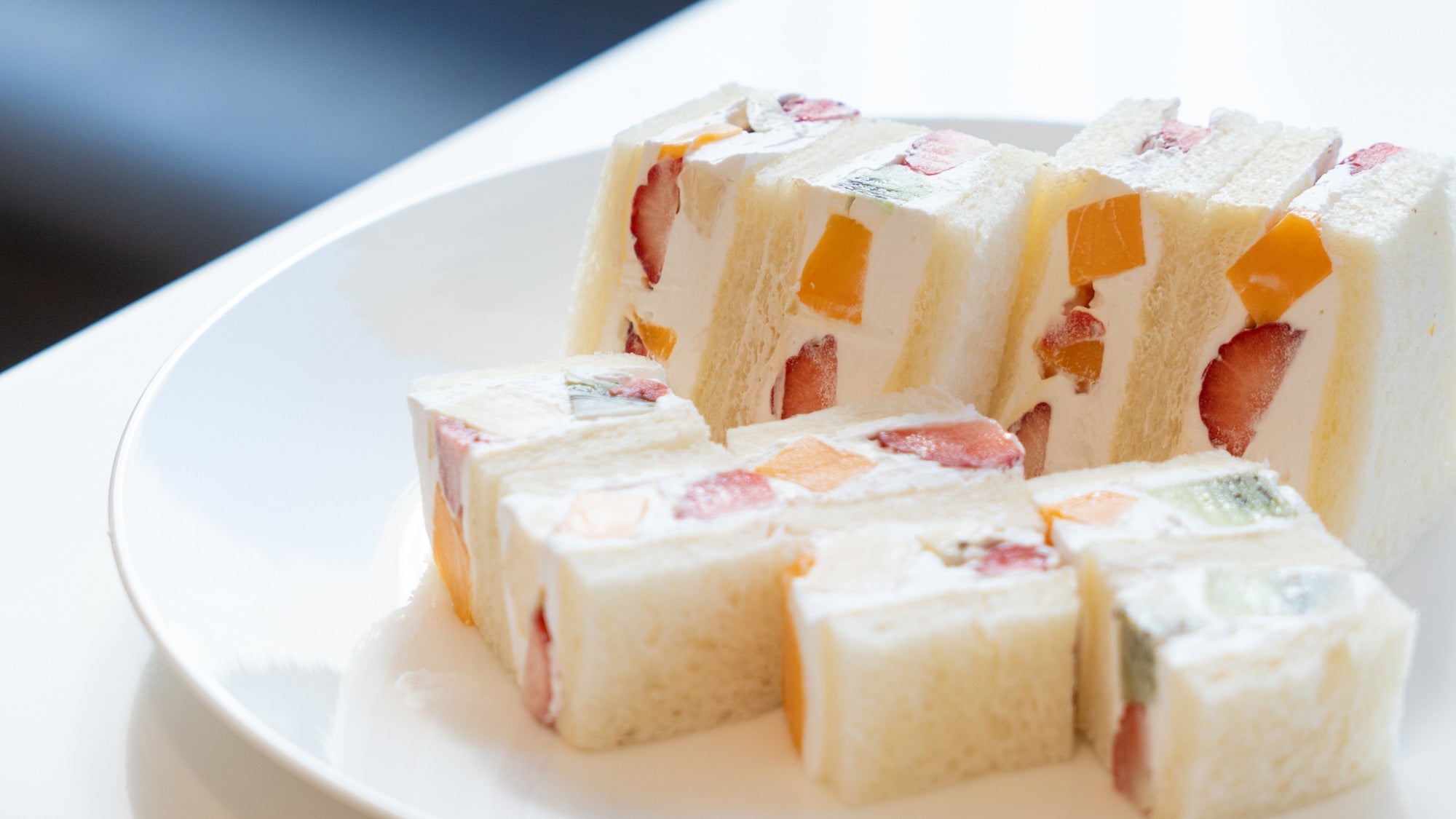

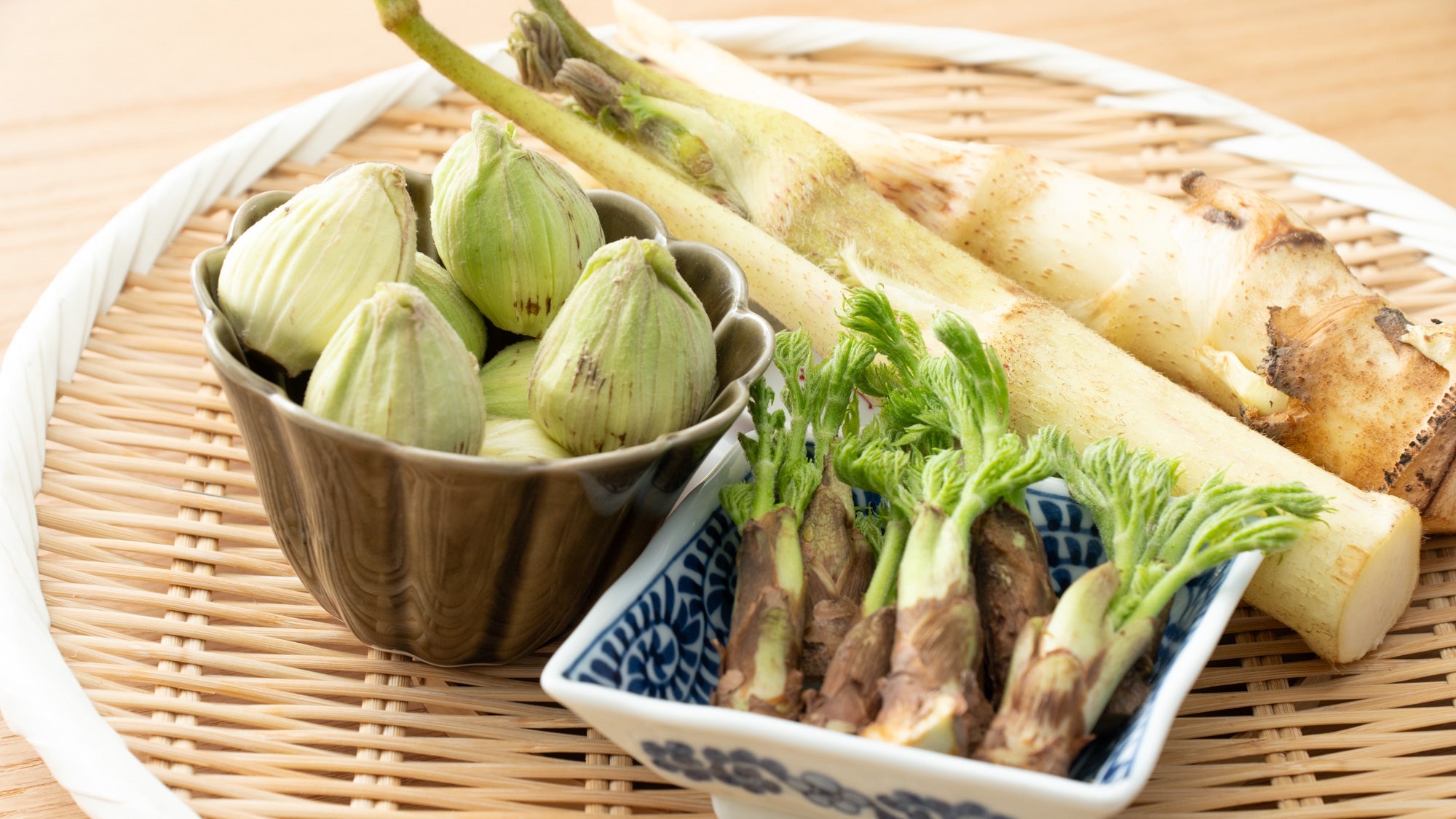

Leave a comment
This site is protected by hCaptcha and the hCaptcha Privacy Policy and Terms of Service apply.